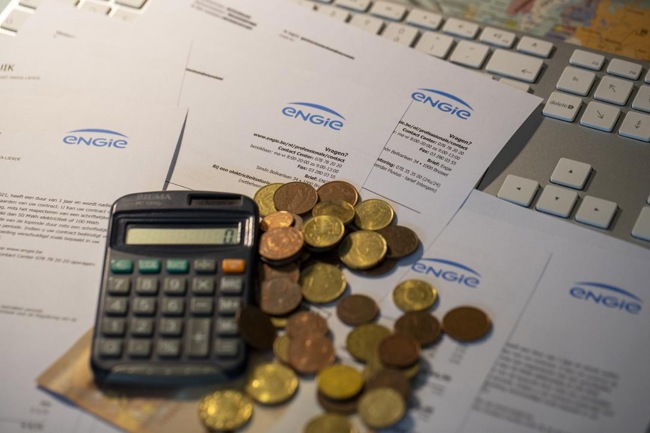People in Flanders have made visible efforts to keep their energy consumption under control in the first half of this year in response to the hike in electricity and gas prices.
While people have been using less gas since the start of Russia's invasion of Ukraine was already a known fact, Flemish households without solar panels also cut their electricity consumption by 8.4% in the first six months of 2022 compared to the same period last year, according to grid manager Fluvius.
The decrease in electricity usage was most noticeable in May (-12%) and in April (-10%). In June, this decrease was just 5%. This trend was noticeable across all region, both in peak and off-peak hours.
For natural gas, the previously observed decrease in January and February (5% and 16%, respectively) continued, with an average of 12.7% per month.
The figures are based on an internal and anonymous data analysis by Fluvius of a large group of digital energy meters installed in households all over Flanders, including digital consumption information from 50,000 meters from customers with and without solar panels, and 100,000 digital natural gas meters.
Although the usage of both electricity and gas historically goes down towards the summer, the decrease is more prominent this year.
"The figures indicate that people in Flanders are going for longer-term adjustments, which will result in a decrease in consumption every month," a Fluvius statement read.
Measures taken by households
Although the grid operator can't derive how this is done from the figures, Fluvius assumes that this is a result of classic investments or changes that are recommended to reduce consumption.
This can include installing LED lights, replacing old electrical appliances, setting a lower temperature for the boiler or connecting a power plug that can be switched off.
The reduction in gas consumption is likely the result of households setting the thermostat one degree lower or heating less at night, closing or lowering some radiator valves in the house, lowering the boiler temperature slightly or replacing outdated gas appliances with new, more efficient ones.
Related News
An increasing number of people are also using a digital meter to actively consult consumption information. "The number of households actively doing this has almost doubled in the past six months, from 115,000 at the beginning of January to 200,000 today, or an increase of 14,000 per month."
The figures from Fluvius also highlighted that families with solar panels were able to use 11% more of their solar power immediately on average. "For the sunny month of May, this is even 21% more." This resulted in the injection of surplus solar power being fed into the grid falling sharply.
This could be the result of households with solar panels adjusting their consumption behaviour or using the energy for a home battery or an electric car.

